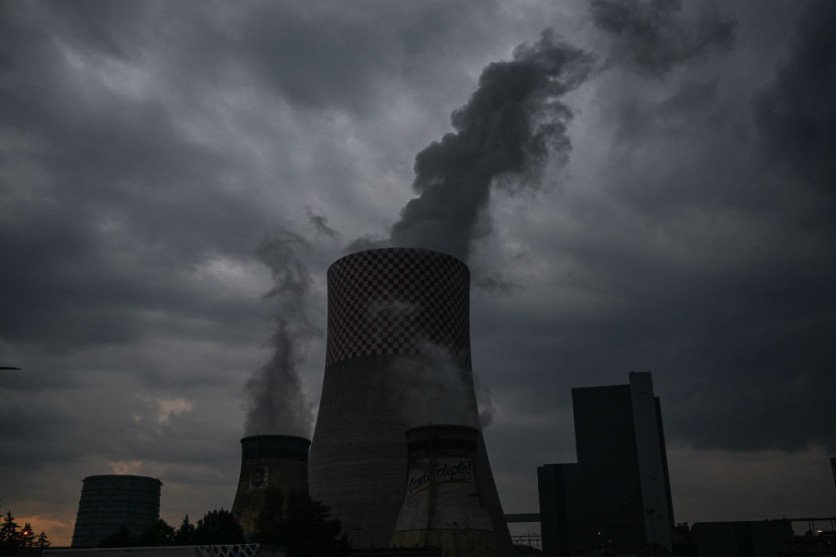A new report claims that five of the largest fossil fuel companies in the world may not be living up to their green promises, as per Gizmodo.
The report claims that Shell, BP, Chevron, ExxonMobil, and TotalEnergies all spend hundreds of millions of dollars a year to appear more environmentally responsible while simultaneously investing a small amount of funds for carbon or renewable energy operations.

$750 Million for Climate Marketing
According to an analysis by the UK-based climate think tank InfluenceMap, the five corporations' 2021 public communications on average contained at least one "green" claim.
Some of those claims include the switching from polluting fuels to energy or that the company supports lowering emissions. However, the report finds that less than 25% of communication materials made direct mention of oil and gas.
According to the report, these businesses collectively spend nearly $750 million a year on their climate marketing.
The authors also note that because it excludes the employment of any outside firms for PR, marketing, or advertising, it should be seen as a conservative estimate of the total resources allotted to climate-related PR and marketing.
In her interview with CNN, program manager for InfluenceMap Faye Holder said that communications spending is a part of a systematic push for these companies to present themselves as "pro-climate to the public."
Read also: [GADGET] Solar Water Heater: Why This Green Device is In-Demand? Whereabouts and Other Details
Non-coordination with Paris Agreement
Several businesses want to expand oil and gas output between 2021 and 2026, but the report said that none of the supermajors' projected oil production looks to be in accordance with the International Energy Agency's Net Zero Emissions by 2050 (as of Q4 2021).
InfluenceMap said that none of the companies have coordinated their efforts to engage in climate policy with the Paris Agreement's objectives, and they all maintain extensive global networks of business associations that actively oppose the Paris Agreement's climate policy goals.
The authors of the paper examined 3,421 pieces of public communication content from 2021, encompassing marketing, public relations, and policy engagement efforts, before drawing their results. To assess the cost of all that communication, they also examined corporate workforce data.
The biggest contradiction between what firms say and what they actually do was found at Shell, which spent barely 10% of its capital budget on "low carbon" projects despite making "green claims" in 70% of its public communications.
ExxonMobil is in second place, and InfluenceMap claimed to be spending only 8% on its green initiatives while making climate-friendly claims in 65% of its communications.
The French-owned TotalEnergies, which will invest a quarter of its capital expenditures in "low carbon" investments in 2022, is expected to spend most of the five companies on its energy transition.
InfluenceMap discovered that all four businesses, excluding TotalEnergies, were advocating for the expansion of existing fossil fuel infrastructure and extraction.
This article is owned by Tech Times
Written by Joaquin Victor Tacla
ⓒ 2025 TECHTIMES.com All rights reserved. Do not reproduce without permission.




